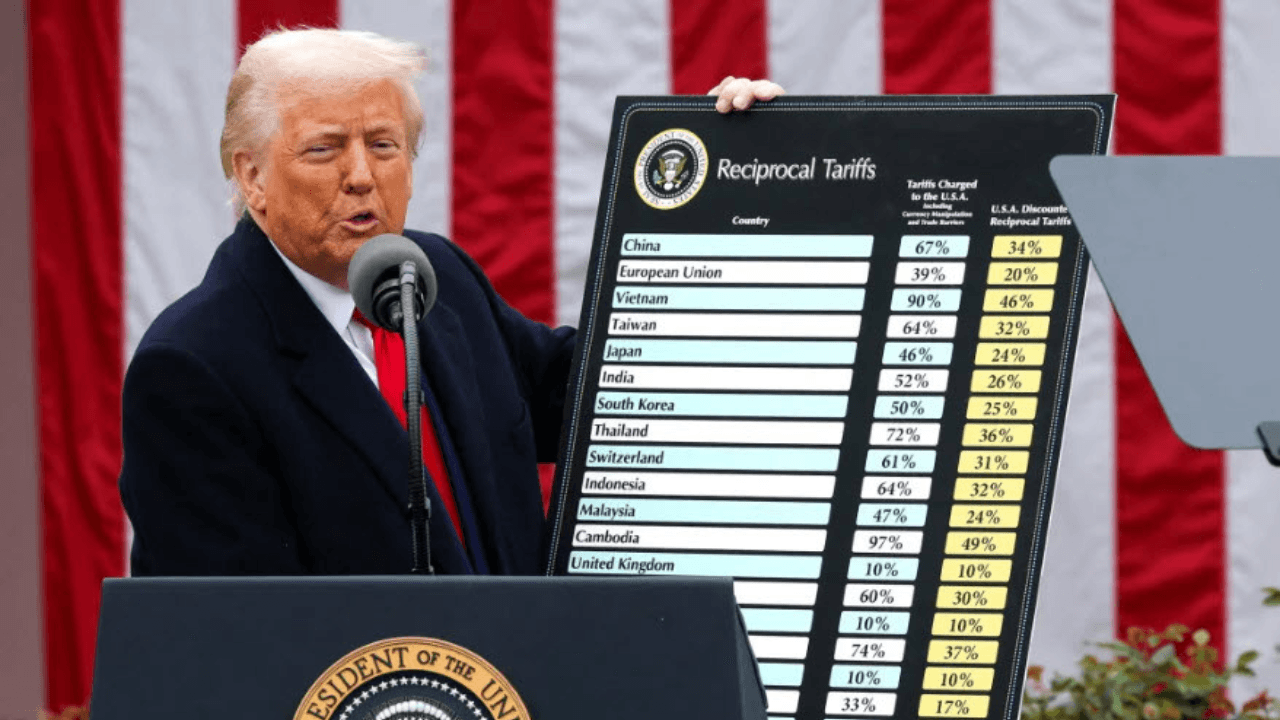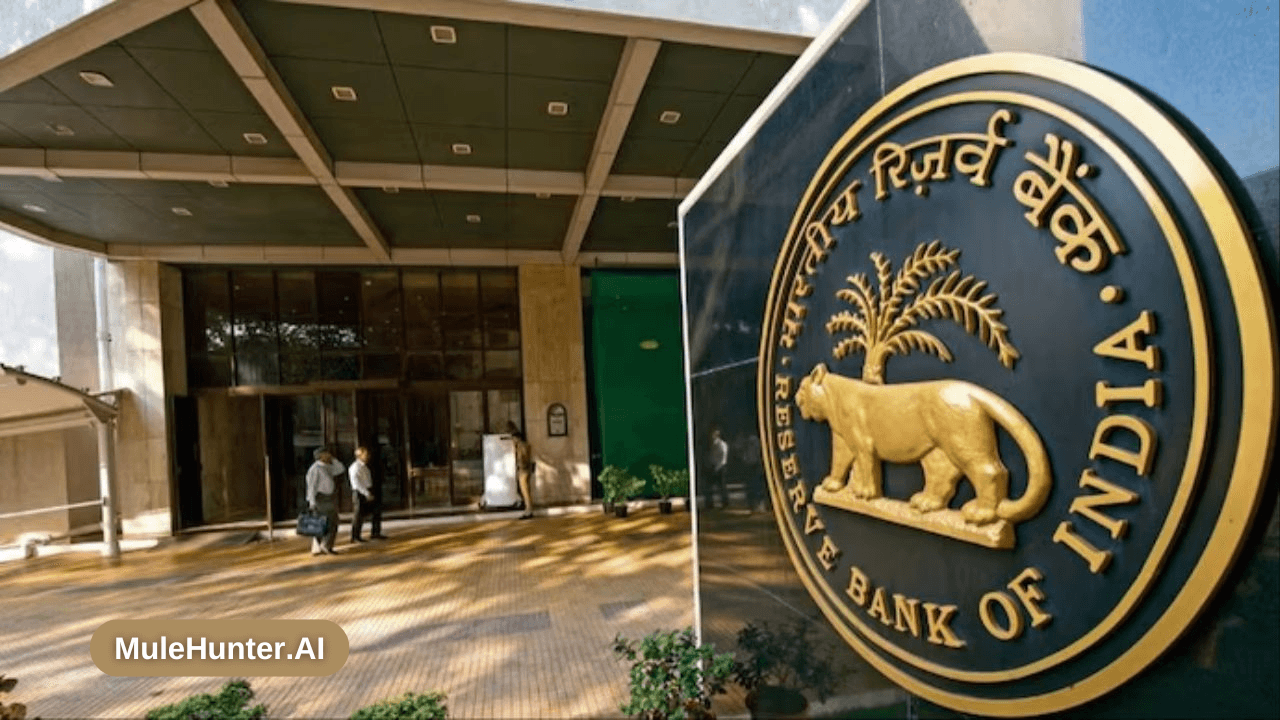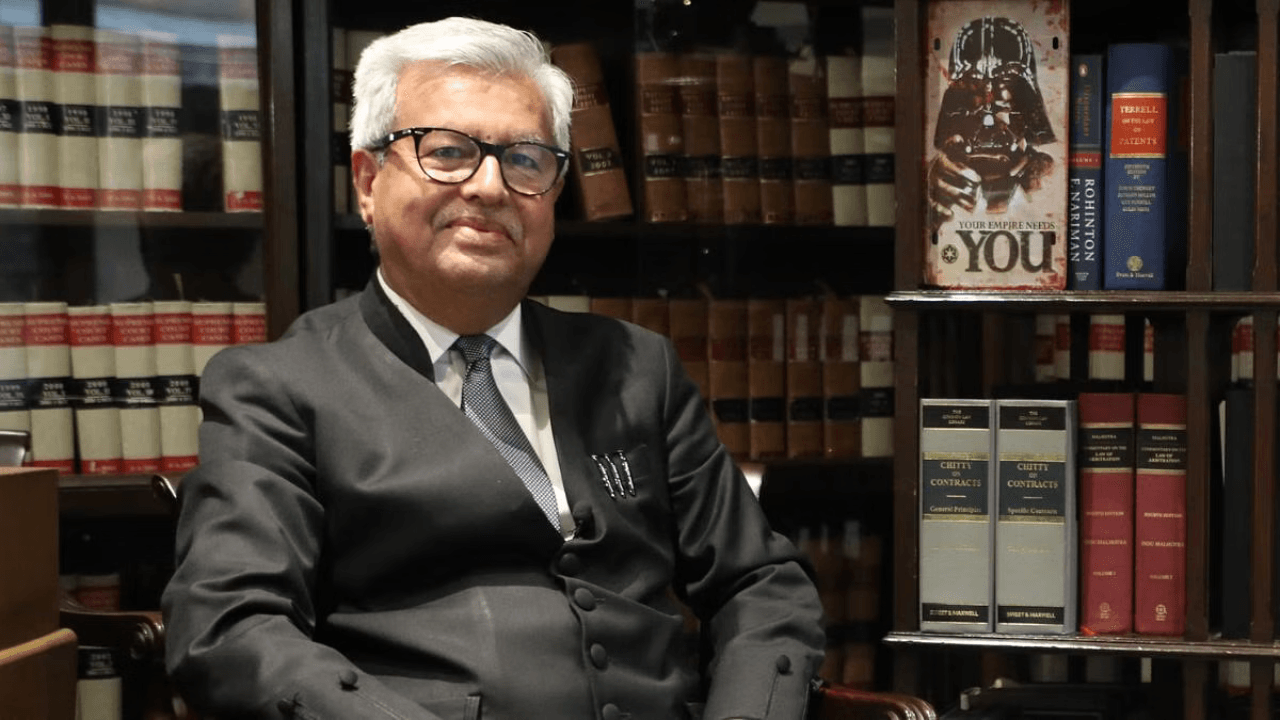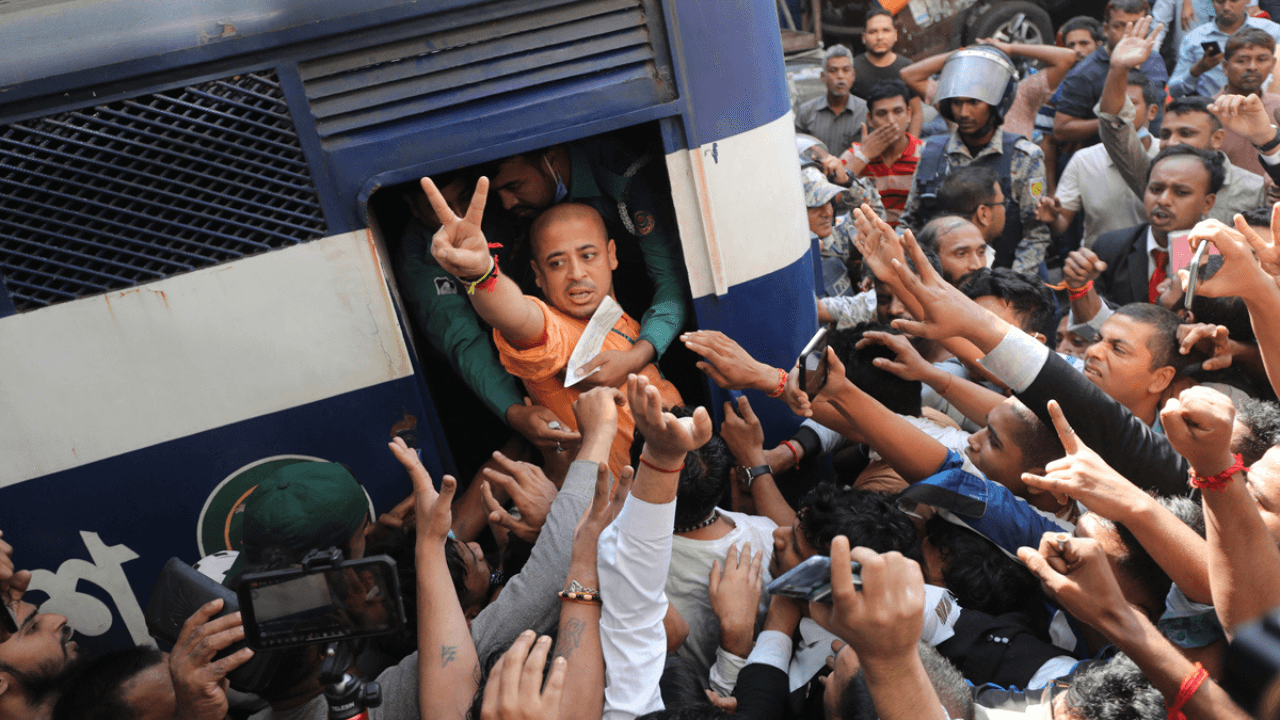The recent conclusion of the 29th United Nations climate summit, COP29, in Baku, Azerbaijan, has left the world with a mixed bag of hope and disappointment. While negotiators reached an agreement aimed at assisting developing countries in their transition to cleaner energy and coping with the adverse effects of climate change, the deal has been met with significant criticism for its perceived inadequacies.
Under the terms of the agreement, wealthy nations have committed to ramping up their financial support to developing countries from the current $100 billion to a target of $300 billion per year by 2035. This pledge, while an increase, falls woefully short of the estimated $1.3 trillion needed annually to effectively address the climate crisis faced by vulnerable nations. Independent experts have underscored that the financial demands of these countries are far greater than what has been promised, raising questions about the sincerity and effectiveness of the commitments made at COP29.
The summit’s goals were ambitious, especially in light of the unprecedented climate events witnessed this year. With record-breaking temperatures and devastating weather patterns becoming the new norm, the urgency for action has never been clearer. The primary focus of COP29 was to mobilize substantial financial resources to help developing nations adapt to a warming world and shift away from fossil fuels. Yet, despite the high stakes, the agreement reflects the enduring divide between the needs of the most affected and the willingness of wealthier nations to meet those needs.
As the dust settles on COP29, attention is already shifting to future climate negotiations, particularly with the looming uncertainty of U.S. climate policy under a Trump presidency. The president-elect’s dismissal of climate change as a “hoax” and his intention to withdraw from the Paris Agreement signal a troubling shift in global climate diplomacy. Many countries are bracing for a future where the U.S. may no longer be a leader in climate action, which could hinder collective efforts to combat the climate crisis.
The implications of a weakened U.S. presence in climate negotiations are profound. With one of the largest carbon footprints in the world, the U.S. has a crucial role in both emissions reduction and climate finance. If the Trump administration follows through on its promises, the burden of climate action will disproportionately fall on developing nations, which are already grappling with the impacts of climate change and lack the financial resources to adapt effectively.
As we look ahead, it is essential for the global community to recognize that climate change is not just an environmental issue; it is a humanitarian crisis that requires immediate and sustained action. The commitments made at COP29, while a step in the right direction, must be viewed as a starting point rather than a solution. Developing nations need robust financial support to implement sustainable practices and adapt to the realities of a changing climate.
The path forward is fraught with challenges, but it is not insurmountable. It will require renewed commitment from all nations, particularly those with the greatest capacity to act. As the world prepares for the next round of climate talks and the upcoming treaty aimed at tackling plastic pollution, it is crucial that we do not lose sight of the urgent need for comprehensive climate action that addresses the needs of the most vulnerable populations.
COP29 may have concluded, but the fight against climate change is far from over. It is a fight that demands our collective resolve, innovative solutions, and a commitment to justice for those who are most affected by this global crisis.











